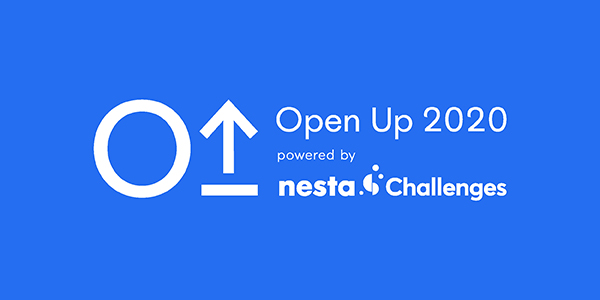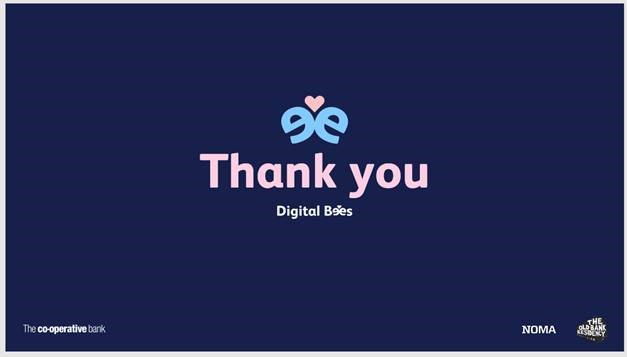
In recent years, the banking industry has witnessed a significant transformation driven by technological disruptions. While traditional banks have long been the stalwarts of the financial world, they are now compelled to embrace technology to stay competitive. In 2020, the banking and investment services sector spent approximately $556 billion on IT infrastructure (source: Gartner). This article explores the challenges faced by banks in adapting to the ever-expanding market expectations and the technical implications of these challenges in the current landscape.
Challenges Faced by Banking & FinTech Solutions:
Competition in the Digital Age: The emergence of FinTech startups and digital banks has disrupted the traditional banking sector. In 2021, the global FinTech market surpassed $135 billion in value (source: Expert Market Research). While traditional banks invest in technology, it’s not their core focus, resulting in past instances of poorly implemented software systems and disruptions. The 2016 banking outages serve as a stark reminder of the consequences of technology failures.
Navigating Evolving Regulations: Since the 2008 financial crisis, global banking regulations, including Basel III and consumer protection acts, have evolved significantly. Compliance with these standards remains a challenge for banks worldwide. Technology plays a pivotal role in analyzing bank data to ensure regulatory compliance and produce insightful reports.
Shifting Business Models: Historically, banks primarily relied on interest charges for income. However, persistently low interest rates worldwide have forced banks to diversify income sources. This includes fee collection for services, commission income from insurance sales, and forex operations, emphasizing operational efficiency for profitability.
Meeting Rising Customer Expectations: Millennials and Gen Z prefer digital interactions with their banks, utilizing mobile devices and social media for support. This contrasts with older customers who rely on traditional branches. Banks increasingly adopt hybrid models that integrate digital experiences with physical branches to cater to diverse customer preferences.
Customer Retention in the Digital Era: Providing personalized and meaningful services is critical to retaining customers. According to Clever Tap, 73% of new users churn within 7 days if their experience is unsatisfactory. A single bad experience can impact customer retention by 65%. Technology solutions play a pivotal role in enhancing customer relationships and experiences.
Data Security: Security breaches can severely damage a bank’s reputation. High-profile breaches, such as the 2017 credit rating agency breach, resulted in hefty fines. Banks now invest in enhanced authentication, end-to-end encryption, and multiple verification methods for every transaction to prevent data breaches.
Tech-Led Cultural Shift: Artificial intelligence (AI) and machine learning (ML) systems are increasingly used in credit risk management, customer service, and automated responses. Banks are compelled to invest in such systems to remain competitive in the evolving landscape.
Mobile User Interface: To thrive in the current market, banks must offer user-friendly, fully featured, secure, and responsive mobile applications. The majority of Gen Z and Millennials are mobile users who readily switch to apps with better features, making mobile banking interface crucial.
Continuous Innovation: Innovation is key to survival and success. Banks continuously innovate through customer interactions, organizational analysis, and technology adoption. Leveraging big data, data mining, and cloud-based infrastructure has made banks more agile and scalable.
How These Business Challenges Translate to Technology Challenges:
Agility: Banks require agility to address challenges swiftly, including rolling out technology platforms and complying with regulations. A larger workforce can help, but it also incurs significant IT costs.
Accuracy: With multiple platforms to support (web, iOS, Android), banks face challenges in rolling out applications for each change. Complex functionalities can break when frequent codebase changes occur.
Availability: Ensuring secure and accessible customer functionalities without compromising performance remains a significant technology challenge, especially for complex banking operations.
As banking technology evolves, the need for robust testing processes becomes increasingly vital. Complex banking functionalities, diverse product offerings, and the demand for seamless performance all contribute to the challenges faced in testing banking solutions. In this context, Ticking Minds offers a compelling solution for addressing these testing challenges.
Challenges in Testing Banking Technology:
Complex Functionalities: Validating intricate banking functionalities is a daunting and monotonous task, with a higher likelihood of missing critical issues during the testing phase, particularly when functionalities are frequently updated.
Dependency on User Interface: Relying solely on the user interface for testing can result in delays. Automated validation of underlying business logic through API orchestration mirrors application functionality efficiently.
Quality of Test Data: In the banking industry, the quality of test data is paramount due to the diverse range of products and services. Ensuring accurate and comprehensive test data is crucial for effective testing.
Security Testing: With banking solutions operating on multiple platforms, security is paramount. Vulnerability analysis and penetration testing are essential to secure banking products, even for internal use within the bank.
Performance Assurance: High-performance banking applications are critical for maintaining a bank’s reputation. Non-performing applications can tarnish a bank’s image in a matter of days.
Why Choose Ticking Minds for Banking Products Validation?
Extensive FinTech Experience: Ticking Minds has a proven track record of working with modern FinTech companies that utilize state-of-the-art architecture. The founders bring extensive experience in retail, commercial, and investment banking.
Focus on Test Data: Ticking Minds places significant emphasis on test data quality before commencing functional testing. This meticulous approach ensures comprehensive testing coverage.
API Orchestration Expertise: Ticking Minds boasts a homegrown API orchestrator that does not rely on the user interface. It efficiently calls APIs in predefined sequences with well-defined test data, ensuring thorough validation of business logic.
Test Automation Mastery: Ticking Minds excels in mobile and web-based test automation, using open-source solutions like Selenium and Appium. Automation efforts are targeted to provide a significant return on investment.
Performance Testing Prowess: With a rich portfolio of over 100 performance testing projects spanning various industries, including banking, Ticking Minds possesses the expertise to optimize application performance across diverse technology stacks.
Application Security Validation: Ticking Minds specializes in application security validation, particularly in detecting OWASP top 10 vulnerabilities. Many global corporations have relied on Ticking Minds’ services to ensure secure applications before production rollout.









